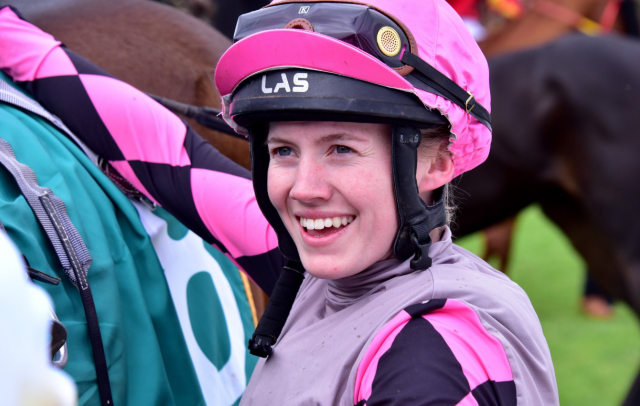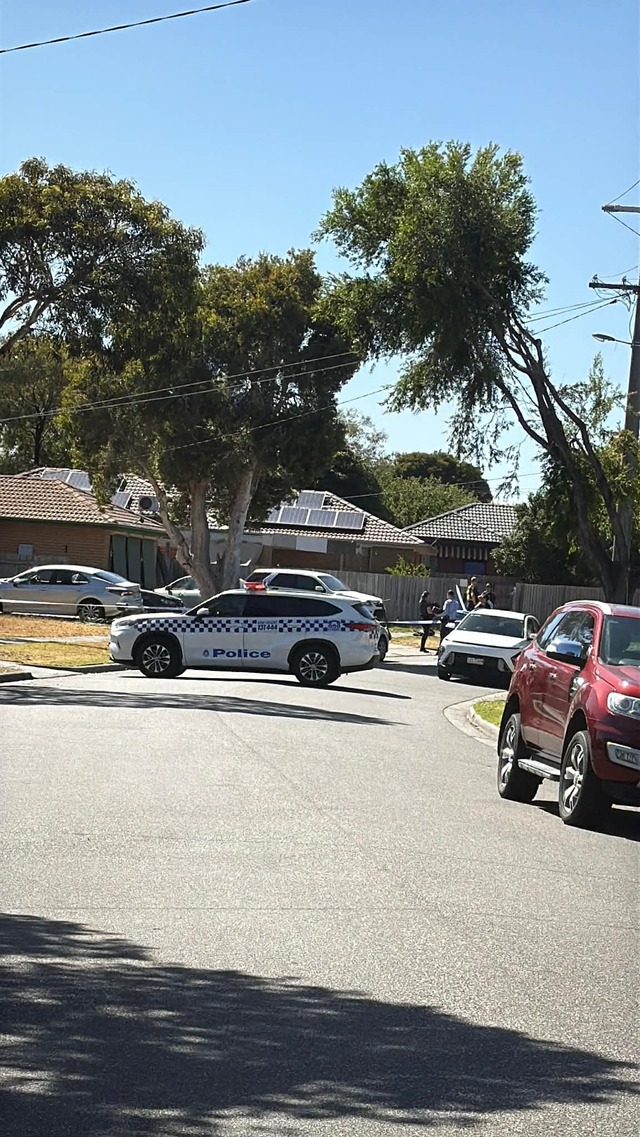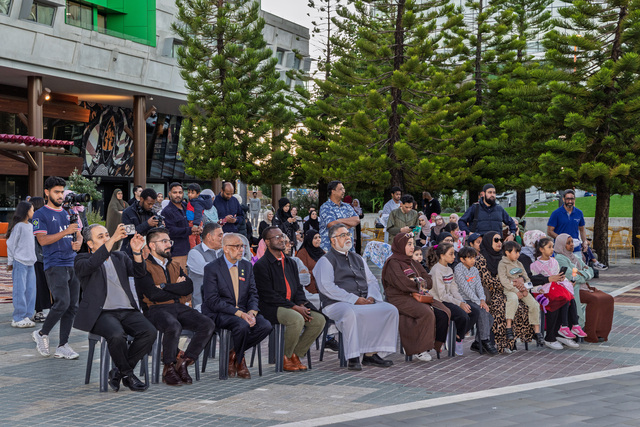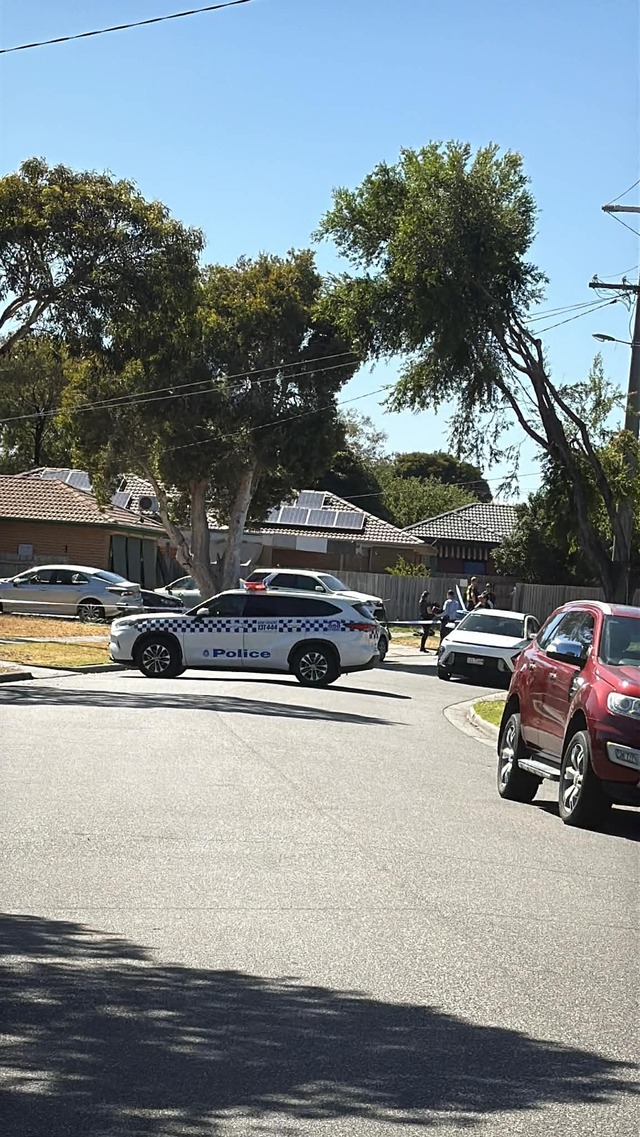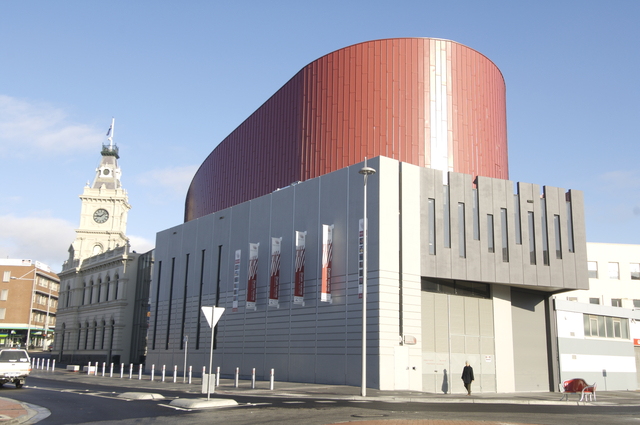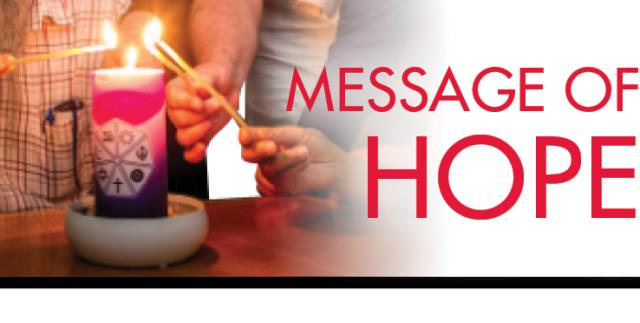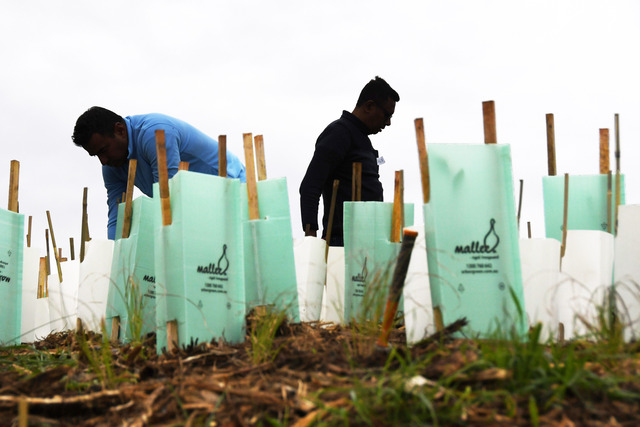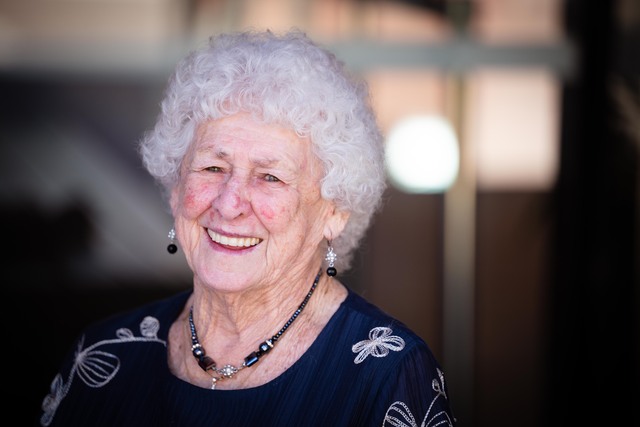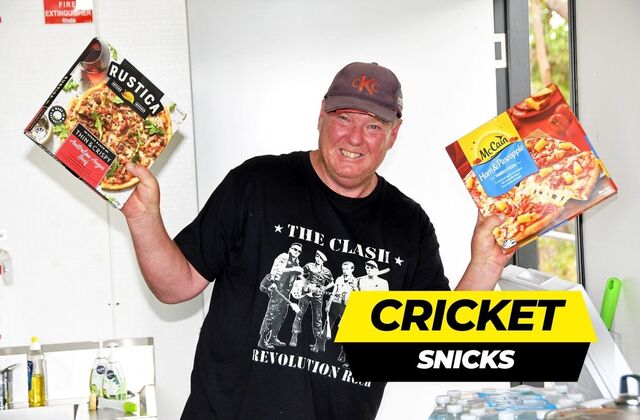Jockey Mikaela Claridge’s favourite saying to her dad was “how hard can it really be?”.
When the proposition is a life without her, Bernie Claridge’s answer is “really hard”.
The 22-year-old was killed when her horse was spooked during an early morning training ride at Cranbourne in 2019.
She and fellow rider Jaimee Hayes had already completed one loop of the sand trails at Cranbourne Turf Club in the pitch black at 4am on 30 August and were part way through another when something in the thick dark scrub that lined the trail frightened their horses.
Ms Claridge had earlier commented on how dark the morning was.
Both riders were thrown.
Ms Hayes landed on her knees, looked around and saw Ms Claridge on the ground unconscious.
She was treated at the scene but never regained consciousness.
The girls were riding for Saloon Park, the racing company run by trainer Ken Keys and his wife Louise.
A County Court jury convicted the company of failing to provide a safe workplace.
After running to get help for her best friend, Ms Hayes was told to take another horse out.
Ms Claridge was the youngest of three close-knit siblings who had been driven by their parents to motorcycle events, pony club and sports every weekend as a family.
“I am beyond proud of what she achieved in her 22 years, and how lucky we were as a family to have such a beautiful daughter and sister in our lives,” Mr Claridge said.
Ms Claridge had raised concerns with her dad about riding on the sand trails in the dark and with no safety barrier.
Judge Peter Rosen said he accepted that Ms Hayes and another rider, Chelsea Hall, had felt unable to raise the same concerns with Mr Keys himself.
“If they genuinely feel that, then that’s impacting on (Saloon Park’s) capacity to address safety risks. It’s about the culture of the company, essentially,” he said.
Cranbourne Turf Club was fined $250,000 after admitting they failed to maintain a safe workplace for Ms Claridge.
Robert Taylor, for Saloon Park, said a fine of the same magnitude would put the company out of business.
But prosecutor Colin Mandy SC highlighted the need for general deterrence, particularly in cases involving apprentices.
He described them as a vulnerable set of employees who are worked hard, not paid well and aren’t keen to ruffle feathers, particularly in the facing industry, given apprenticeships are hard to come by.
Judge Rosen said he had been left with the impression there is a blind spot within the racing industry about risk.
Colleen Claridge said everything the family had been through to achieve change would be her daughter’s legacy.
A rider herself, she said the family knew the job was dangerous but if proper processes were followed Ms Claridge might still be alive.
Her daughter was finding her feet in her career.
Ms Claridge had moved to Melbourne and was happy in her personal and professional life.
“She was loving what turned out to be the final months of her life,” her mother said.
A WorkSafe probe found several features on the track could have spooked a horse, including overhanging tree branches, pooled water, and other horses and wildlife near the track.
The court was told the club could have reduced the risks by installing floodlights or limiting riders to daytime use of the facilities, while Saloon Park could have had riders use the sand trails in daylight only.
Saloon Park will be sentenced on 5 May.


